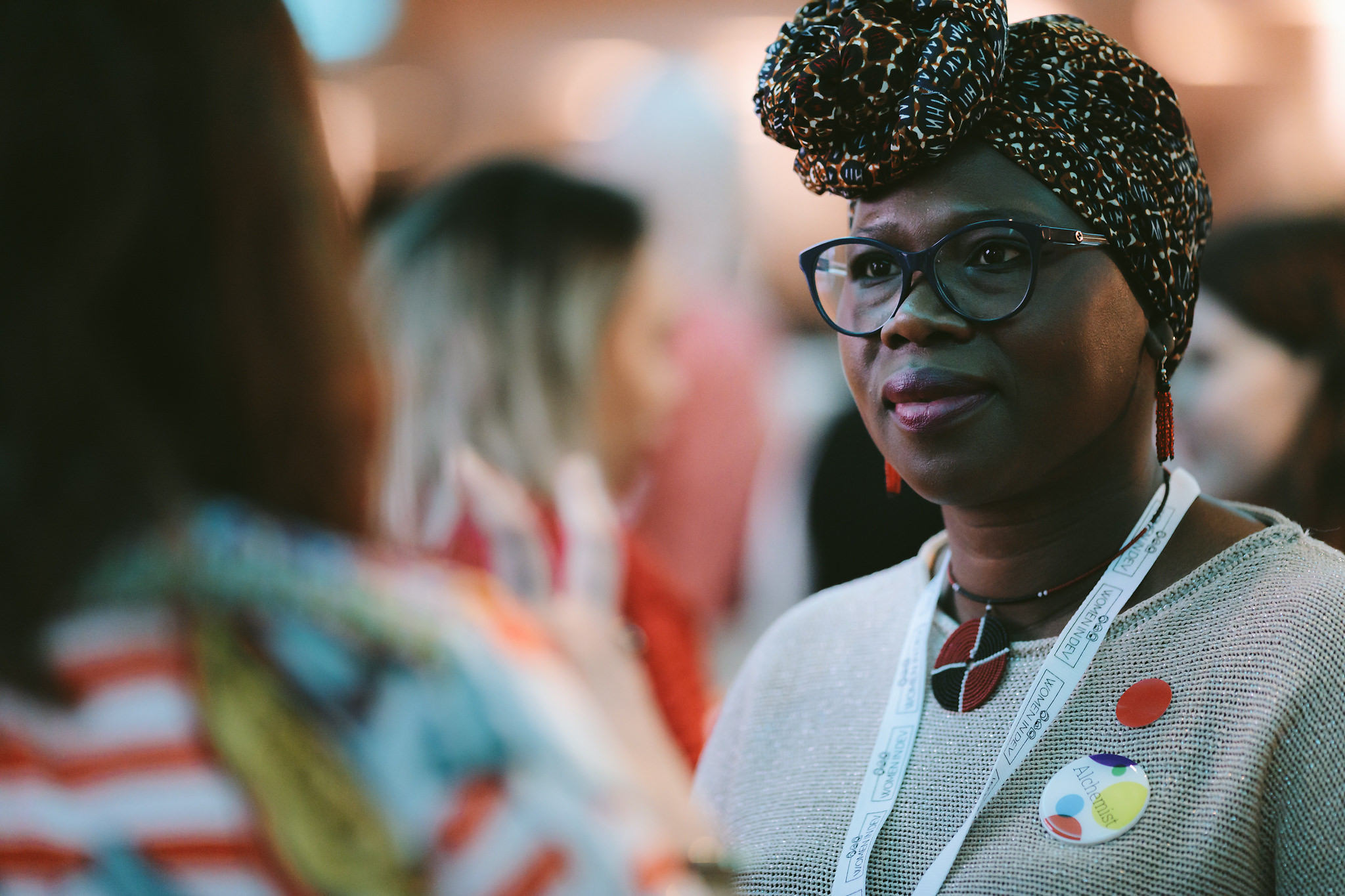Despite self-described feminist aid policies and equality initiatives, funding in this sector continues to fail women. Investment in feminist movements and leadership is an agenda item for the Generation Equality Forum. However, earmarking aid as gender focused or ‘for feminist movements’ while keeping it within the same groups of people does is no longer sufficient.

If we are to transition towards a locally owned development sector, funding needs to reach the women working and driving progress at the community level. We need more funding for women on the front line in order to help shape their own futures and the futures of their children. A road map of what investment in feminist movements and leadership looks like is essential and should be developed in collaboration with women’s groups, grassroots organisations and movements that will be called upon for implementation.

1% of gender focused aid went to women-led organisations in 2016/2017. That meagre 1% is made even less effective by the fact that the bulk of it remained in “donor countries” and did not reach the organisations that need long-term funding to work with their own communities. To put it bluntly, donors consider it riskier to go outside the constraints of their own understanding of the sector.
Donors need to go beyond the people they see at the same conferences month after month, year after year. Transforming funding practices must include calls for:
- At least 20% of gender focused aid to go to women-led organisations by 2030.
- At least 70% of gender focused aid to be spent in recipient countries by 2030.
Donors must be more responsible in how they fund:
To effect change donors must invest ambitiously in movements, and critically reflect on their policies and practices. If donors require gender equity policies within organisations as a prerequisite to funding, organisations will start conforming to best practice.
Donors need to reform funding models:
We are dealing with systemic issues and funding models need to reflect the scale of the challenges we face. We need longer-term funding cycles that give organisations the time and support they need to deliver sustainable change. Working with movements requires a transformational approach. Donors need to meet the movements and organisations where they are, rather than insisting they meet bureaucratic funding requirements. What local feminist movements need are resources that are agile, cross-issue and long-term.

